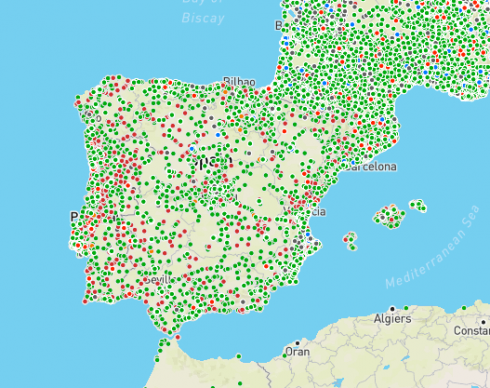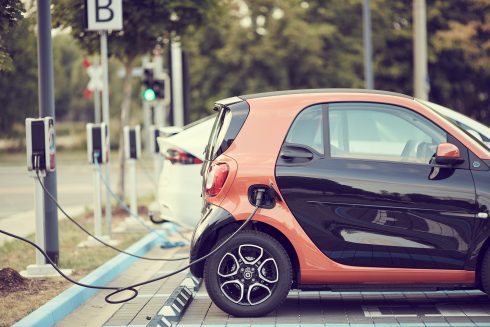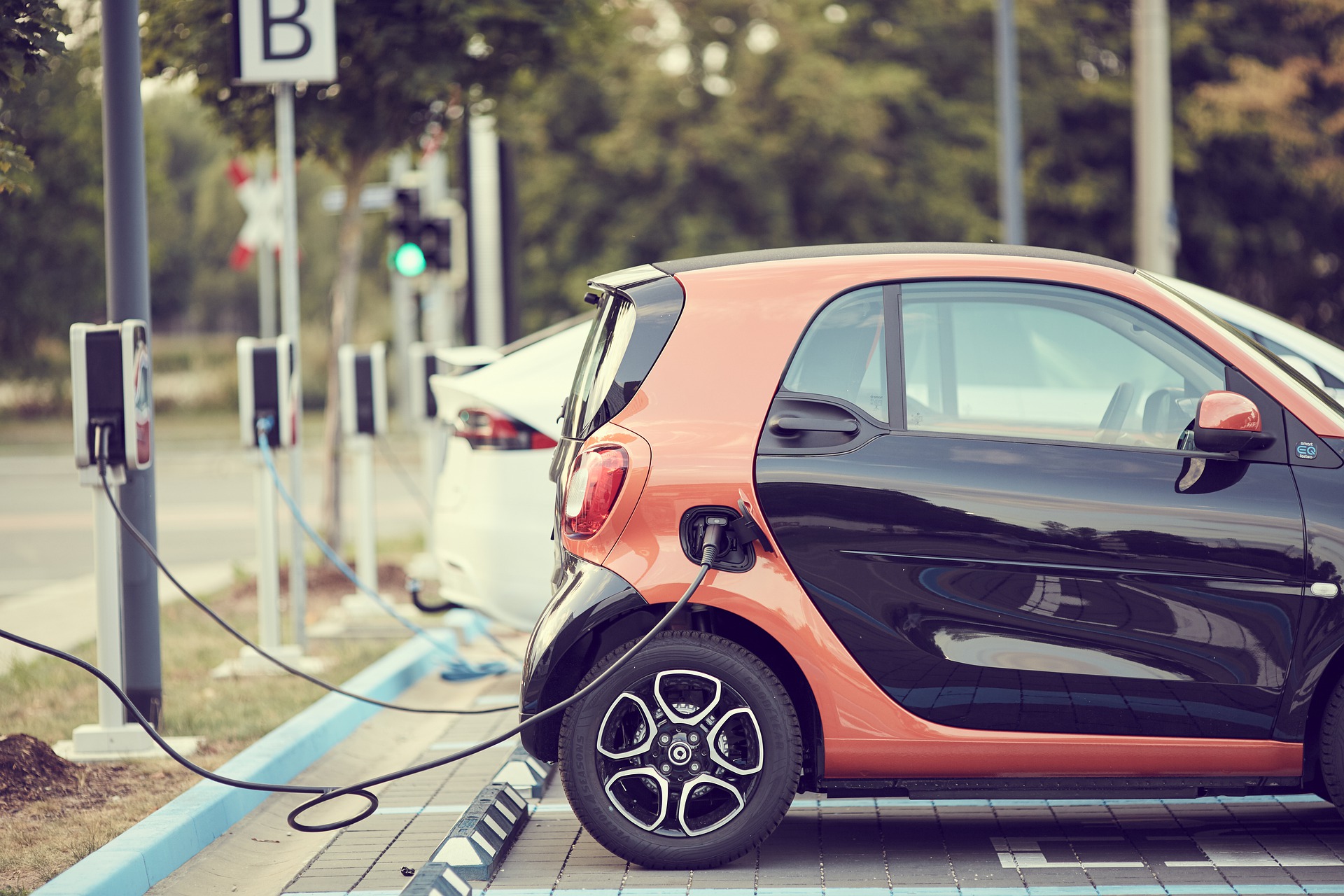Drivers everywhere are considering whether their next purchase should be an electric car.
Environmentally friendly minded folk understand the need to reduce emissions and slow global warming, but there’s now an added incentive with prices at the pumps soaring.
So is going electric a viable option if you live in Spain? The Olive Press looks into the issue to find out.
Grants and incentives
Spain boasts one of the most generous electric vehicle (EV) incentive schemes in Europe in a bid to reach its goal of carbon neutrality by 2050. Its latest Plan Moves III plan was unveiled last year and will run until 2023 which offers grants of up to €7,000 towards the purchase of an EV.
It’s worth checking out whether the region where you live in Spain offers extra subsidies. A quick internet search of “Incentivos de vehículos eléctricos + name of the region where you live” should give you an idea of what’s available.
Most regions will allow you to apply online, via their government website.
Charging points
One reason that puts many people off buying an EV is the dearth of charging points across Spain.
Currently there are an estimated 12,000 charging points across Spain which according to Emovili means that there are less than 250 charging points per 1,000 people in Spain.
By the end of 2022 there will be an estimated 250,000 electric cars across Spain, meaning that 70,000 would be needed to ensure there were enough.

Moreover, there are currently only 92 high-speed charging stations across Spain, far below what is necessary to ensure that vehicles can be charged on the way when making longer journeys.
Hector David Rodriguez, a spokesperson from the Association of Electric Car users in Spain told The Olive Press: “The main problem is Spain’s not having enough charging points. For those people who do not have a garage with a charging point, there just aren’t enough places for charging their car.”
But that isn’t the only problem. “On long journeys the number of charging points accesible to the mains roads simply aren’t enough,” he explained. “People have to plan their journey accroding to where they can find charging points, but often when they get there they find that the charging points are already occupied.”
Huge fuel savings

Although the range of an electric car depends on the model – there are some that can drive 500km on a charge of 100kWh – travelling by EV works out at between €30 and €40 for 50kWh while a 50litre tank costs around €90.
“You see a difference of almost €70 on each tank if you switch to an electric vehicle,” explains Francisco Casas, CEO of Emovili, a company specialising in renewable energy.
The company estimates that the average 100km journey with a petrol car costs around €13 euros, while it would cost a mere €1.95 in an electric vehicle.
On top of that EVs are cheaper to run as they have fewer maintenance costs.
Tax savings
Electric vehicles currently are exempt from registration tax and owners can qualify for up to 75% discount on yearly road tax.
Access to restricted areas and free parking
Many councils across Spain have introduced schemes which allow free parking for electric cars, or exemption from restricted zones.
READ MORE:
- Car giant Volkswagen to produce electric car batteries at new site in Spain’s Valencia area
- Largest ultra-fast electric car charging point in southern Europe opens by Costa Blanca airport in Spain
- Electrifying news: Cash handouts of up to €9,000 to buy an electric vehicle in Spain
Click here to read more News from The Olive Press.








